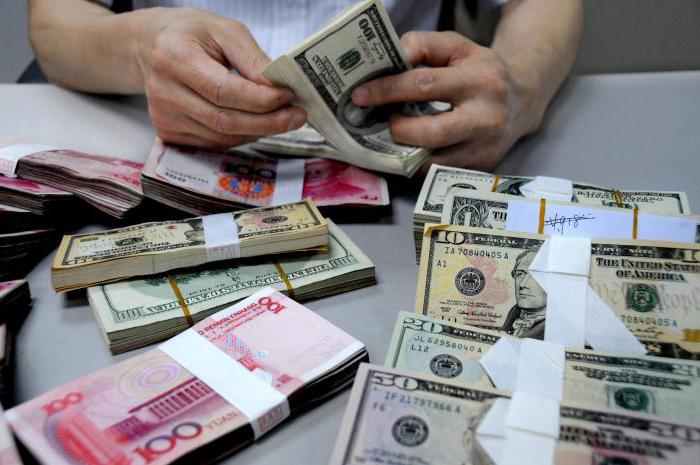Currency transactions occupy one of the most important positions in settlement transactions. They mean the issuance of loans, various contracts for the purchase and sale of goods, settlements made in foreign currency.
Under foreign exchange transactions, most often they mean operations related to the purchase and sale of foreign currency, its use as a means of payment, payment of foreign economic obligations by the national currency, transfer, export and import of currency values from other countries.
In currency relations, there is a separation of operations depending on who conducted them - residents or non-residents of the country.
Currency transactions and currency transactions arise in the following cases:
- When transferring funds by individuals or legal entities from one currency to another.
- When using as a means of payment foreign currency values in international circulation.
- When transporting, forwarding or importing currency values from one country to another or within one state.
Classification of foreign exchange transactions
Exchange rate - the difference in the value of two mutually convertible currency units.
Exchange rates can vary by type and have their own classification:
- Fixed rate. Installed at the legislative level. The Central Bank deals with its determination: no other financial organizations operating in the country have the right to change the set exchange rates.
- Floating course. It is set during the transaction on the foreign exchange market, that is, during trading on the exchange. A feature of this course is that it changes almost every second. The transition of the state economy to a floating rate from a fixed rate entails negative consequences in the form of inflation, which can change over the course of one day.
- The current rate at which a particular transaction is concluded. Often, at the current exchange rate, additional foreign exchange transactions may be concluded within two days, while fluctuations in the floating and fixed rates will not have any effect.
- Forward course. It makes it possible to earn on foreign exchange transactions. According to the concluded financial contract, they are calculated at the forward rate after a certain time.
The forward rate eventually turned into futures, on the basis of which option transactions began to appear - types of foreign exchange transactions. When concluding such a transaction, two parties participate: the buyer and seller. After the purchase of an option, the buyer can sell it at any fixed cost, while the seller or the owner of the option is obliged to redeem it in a strictly specified time. Moreover, changes in its value do not play any role. Each of the parties to the transaction can either win or lose: the result depends on how the financial market behaves, and on raising or lowering the option price.
In spot currency transactions, two sales are made simultaneously. Currency is first acquired, then sold. The parties involved in such an operation, based on its results, win on margin.
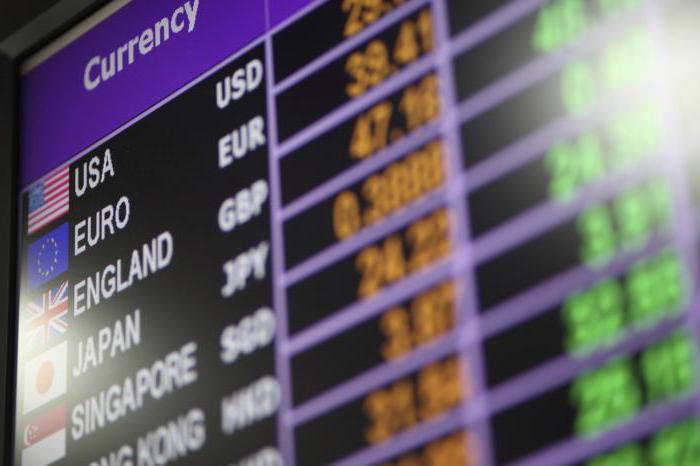
Types of currency transactions
In the foreign exchange market, various types of operations are carried out, each of which has its own conditions, deadlines and is intended for specific purposes.
Currency transactions are divided into main and auxiliary. The main ones are aimed at the purchase and sale of foreign currency, while the auxiliary ones are used to insure the contractor against probable risks.
Depending on what specific goals are facing the participant of the foreign exchange market, the value of varieties of foreign exchange transactions also changes. Transactions related to the purchase of foreign currency at a strictly established exchange rate make it possible to avoid the impact of inflation on the final result of operations. Features of transactions allow using them as forms of international settlement for the import of raw materials and goods.
Tod (TOD)
The simplest type of transactions in the foreign exchange market. It is calculated within one business day, while the buyer, making such a transaction, agrees to urgently deliver the currency, and the seller - immediately make its payment.
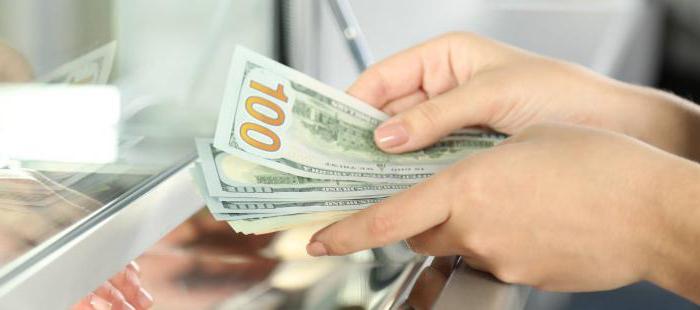
Tom (TOM)
This is a deferred currency transaction, the settlements of which are carried out the next day. Moreover, the exchange agreement is concluded on the current day, while all payments on it are carried out only on the next day.
Forward (FORWARD)
This type of foreign exchange transaction guarantees the importer protection against changes in the exchange rate. A forward contract has its advantages, one of which is the opportunity for an importer who has bought a large amount of materials or raw materials to exchange currencies at a favorable rate even if the national currency depreciates. Thanks to this opportunity, the importer can bypass his competitors without raising prices and receiving the planned profit.
Swap (SWAP)
A kind of forward contract for the purchase of foreign currency, but at the same time, sales and purchases are carried out simultaneously, but with different value dates. Currency transactions of this type are most common in the Forex market, since they allow you to profit from the difference in exchange rates.
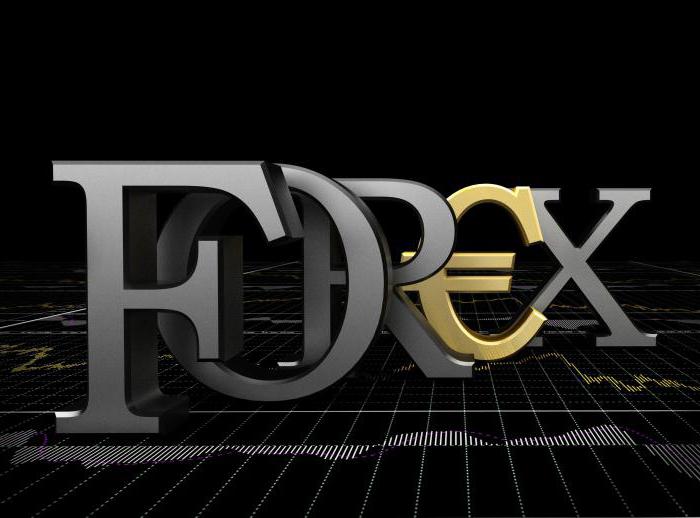
Futures (futures)
One of the forms of international payments, which is an agreement under which the supply of currency is carried out by the parties in strictly agreed terms and in certain volumes. It can be used both for hedging risks and for conducting foreign exchange transactions for one's own purposes.
Option (OPTION)
A variety of currency transactions that give the buyer the right to purchase currency at a set cost and in the agreed volumes, but he is not obliged to do this. The buyer can also break the transaction at will.
Factors Affecting Foreign Currency Transactions
The amount of currency presented on the international market, as well as the prospects for changing the exchange rate, depend on the factors that rely on when choosing the type of foreign exchange transaction and its completion. Among these factors include:
- Competition among dealers. It is evidence of the imperfection of the foreign exchange market. The foreign exchange market in a country is all the more competitive, the more developed are foreign currency transactions and relations in the country, respectively, the exchange rate is less affected by individual economic agents. As a result, discrepancies between exchange rates are minimal.
- Foreign trade relations. The supply of domestic currency is formed from the import of foreign services and goods. An increase in supply and a decrease in the exchange rate occurs with an increase in imports in the country. The growth of the exchange rate is accompanied by a decrease in imports and supply of currency.
- International lending. The growth in demand for a particular currency is caused by an increase in loans in it. Foreign lending contributes to the depreciation of currencies and increase the supply of this currency.
- Interest rates. The ratio of spot and forward rates is influenced by interest rates.
- Inflation rate. Used in calculating valid exchange rates.
- Central Bank Interventions. It affects the exchange rate for its change in a certain direction through the purchase and sale of foreign currency. In the case of a weak currency, excess supply is absorbed to maintain the exchange rate. The exchange rate of a strong currency decreases due to the funds implemented by the Central Bank from its own reserves.
- Change in money supply. By manipulating the money supply, the government can also influence the exchange rate and the ratio of different types of foreign exchange transactions and operations. An increase in monetary volume leads to an increase in the supply of currency, which lowers its exchange rate.

Urgent foreign exchange transactions
These are transactions on which they are settled after two days or more from the moment of their conclusion. The purchase and sale of foreign currency can be carried out with reference to a specific date. Similar transactions are used for the following purposes:
- obtaining speculative profit;
- exchange rate insurance;
- covering the risk that has to be faced in other cases;
- making arbitrage profit.
Derivatives are divided into options, futures and forward operations. Commercial banks are involved in the latter, while futures and options are traded within the currency market. A variety of forms of international payments. It can be used to pay for the import and export of goods and services.
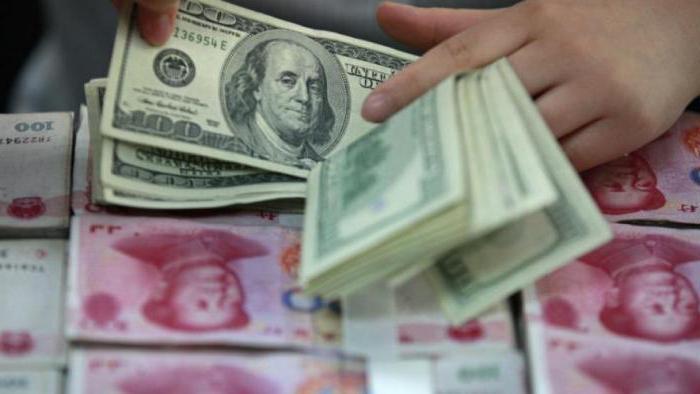
A forward is understood as a contract concluded for a certain time in the future and implying the purchase or sale of currency. The buyer and seller of the currency negotiate in advance all the terms of this contract. In fact, such transactions represent a loan issued by the seller of the currency to the buyer for a certain period. If the buyer plans to pay the forward ahead of the agreed time, then this desire is discussed by both parties. The forward contract is valid until the end of the specified period.
Futures - a contract under which its owner must pay a specified amount for a specified amount of foreign currency within a specified time period. The parties to the contract do not stipulate its terms: the client either acquires futures or refuses it. To quickly get money for a contract, the owner can sell it in the futures market. Selling or buying futures in the secondary market will help one of the parties avoid fulfilling its obligations.
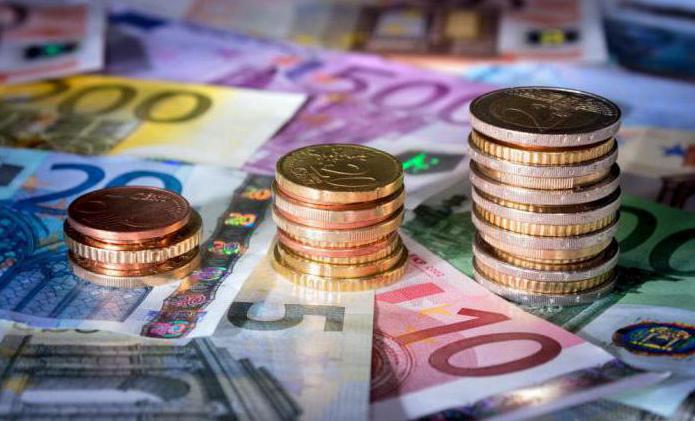
Options - contracts under which you can buy or sell a fixed amount of currency at a set price at a certain point in the future. The option is not necessarily exercised, but the company that issued it is obligated to pay a large premium - the difference between the internal value of the option and its market price. This is done so that the second side signs a similar contract.
When conducting currency transactions, the parties are required to issue a transaction passport. Foreign exchange control and the bodies that execute it monitor the implementation of all operations in the foreign exchange markets.
